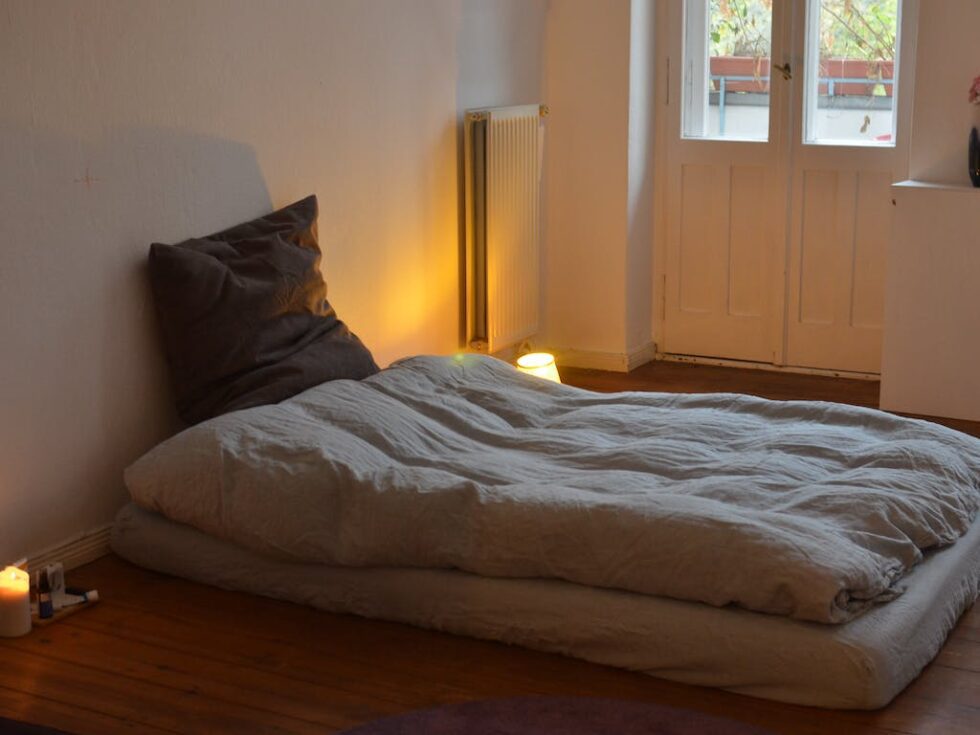
A good night’s sleep is essential for our physical and mental well-being, and a comfortable mattress plays an important role in achieving that. Over time, mattresses can wear out and lose their support, leading to uncomfortable and restless nights. This article explores some signs that indicate it may be time to replace your mattress and invest in a new one.
Sagging and Indentations
If your mattress has visible sagging or noticeable indentations where you sleep, it’s a clear indication that the mattress has lost its support. A mattress should provide an even and firm surface to promote proper spinal alignment.
Aches and Pains
Waking up with consistent aches and pains, especially in your back, neck, or hips, is a common sign that your mattress is no longer providing the necessary support. An old and worn-out mattress can cause discomfort and exacerbate existing musculoskeletal issues.
Restless Sleep and Tossing/Turning
If you find yourself tossing and turning throughout the night, unable to find a comfortable position, it may be a result of an uncomfortable mattress. A quality mattress should promote restful and uninterrupted sleep.
Allergies and Sensitivities
Over time, mattresses can accumulate allergens such as dust mites, pollen, and pet dander. If you notice an increase in allergy symptoms, such as sneezing, congestion, or itching, it may be an indication that your mattress needs to be replaced.
Age of The Mattress
As a general guideline, mattresses are recommended to be replaced every 7 to 10 years. Beyond this timeframe, the materials of the mattress can deteriorate, leading to decreased support and comfort. However, individual factors such as the quality of the mattress and frequency of use can also influence its lifespan.
Noisy or Creaking Springs
If you hear squeaking or creaking sounds when you move on your mattress, it’s a sign that the internal springs are worn out. The noise can disrupt your sleep and indicate that the mattress is no longer providing adequate support.
Sleep Disturbances with A Partner
If you share your bed with a partner and notice that their movements disturb your sleep or vice versa, it could be an indication that your mattress is lacking in motion isolation. Upgrading to a mattress with better motion isolation can significantly improve sleep quality and reduce disturbances.
Feeling Tired Despite a Full Night’s Sleep
If you consistently wake up feeling tired and groggy despite getting the recommended amount of sleep, your mattress may be to blame. A worn-out mattress can prevent you from entering deep, restorative sleep cycles, leaving you feeling fatigued.




